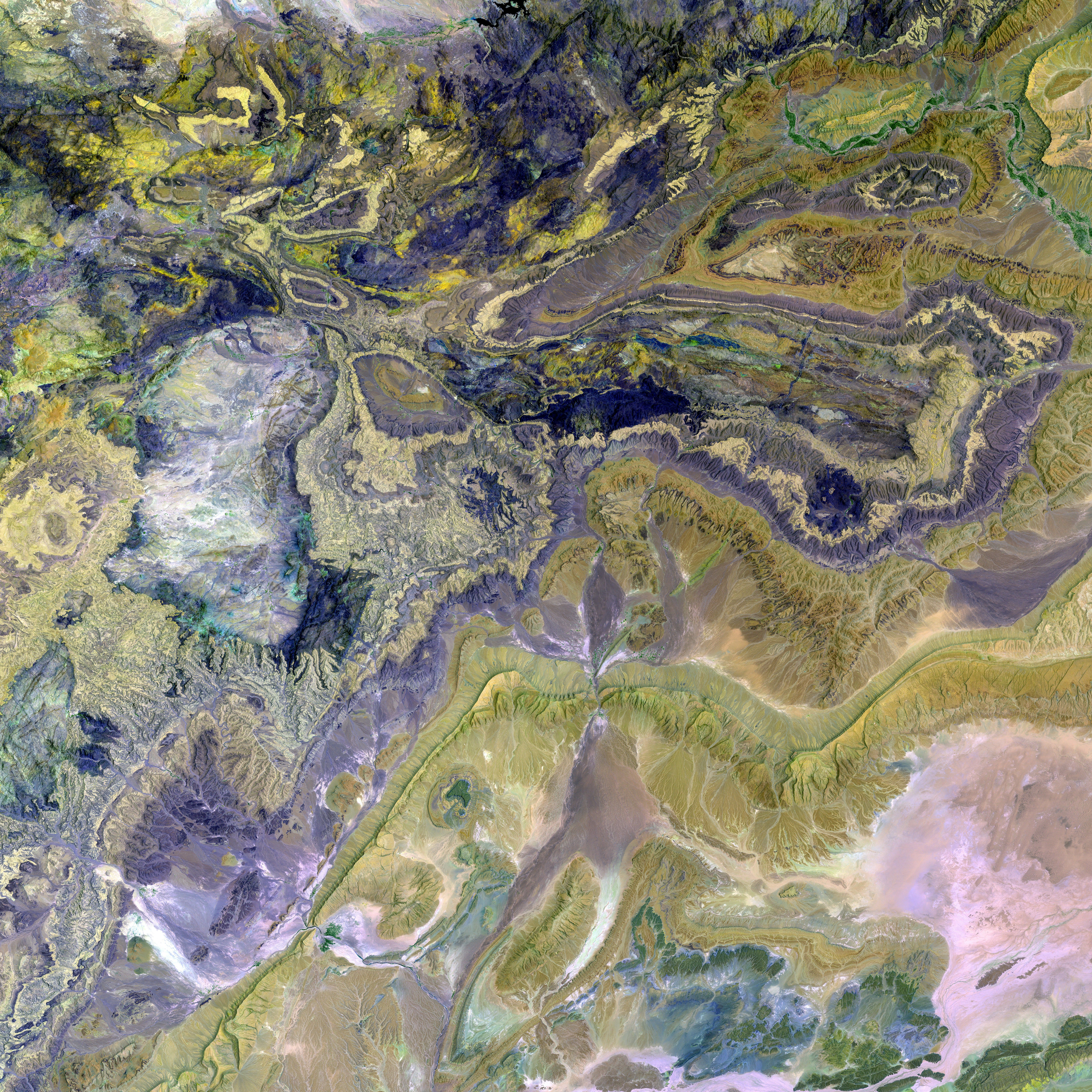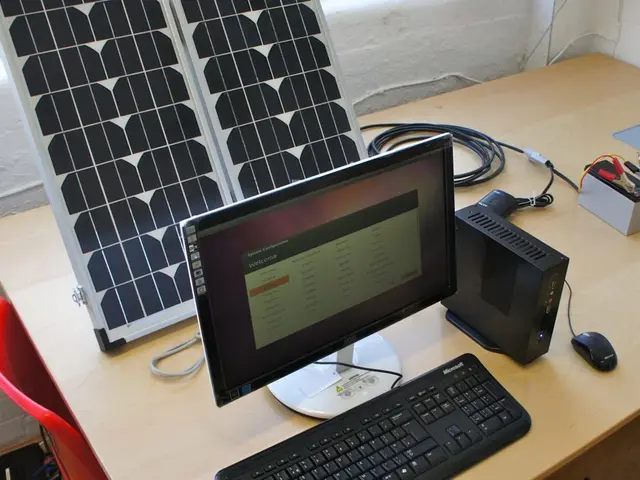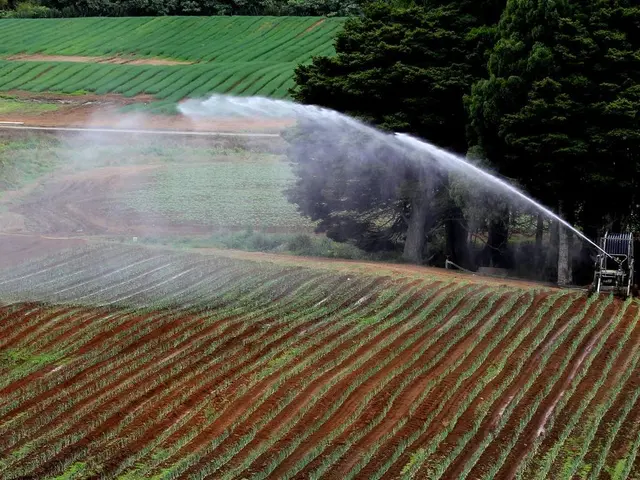Global initiative: UNIDO set to launch pioneering carbon credit project by employing semi-aerobic approach to reduce methane emanating from a waste management facility in Tunisia via the Joint Crediting Mechanism
International Collaboration Facilitates Carbon Crediting Project in Beja, Tunisia
Vienna, Austria—UNIDO (United Nations Industrial Development Organization) recently finalized an agreement to furnish a grant to EX Research Institute (EXRI), a Japanese company, for the deployment of the world's first carbon crediting project using the Fukuoka method in waste management at Beja, Tunisia. The project, funded by the Ministry of the Environment of Japan, falls under UNIDO's project "Promoting Climate Innovation and Partnership for Transition Towards Deep Decarbonization (UNIDO-JCM)".
The Joint Crediting Mechanism (JCM), an initiative by the Government of Japan in cooperation with partner countries, aims to facilitate the diffusion of leading decarbonizing technologies. This effort is instrumental in achieving the objectives of the Paris Agreement, contributing to greenhouse gas (GHG) emissions reduction and sustainable development in JCM partner countries, including Japan, aligning with the Nationally Determined Contributions (NDCs) of these countries.
The JCM rules and guidelines, established under the Joint Committee between each partner country and Japan, manage the JCM project. UNIDO-JCM facilitates early JCM projects formulation in African partner countries such as Kenya, Ethiopia, Tunisia, and Senegal. Firms from Japan and African partner countries collaborate to formulate JCM projects supported by UNIDO grants, primarily aimed at CO2 emission reduction and methane emission reduction from waste management through the Fukuoka method.
The grant agreement awarded to EXRI and the Tunisian National Waste Management Authority (ANGED) will see the introduction of a Fukuoka method cell of approximately 3,400 square meters at the Beja landfill site in Tunisia. The Fukuoka method, a semi-aerobic landfill management technique developed in Japan during the 1960s, accelerates the decomposition and stabilization of waste through natural ventilation, thereby reducing the production of harmful gases, including methane.
In a separate project, UNIDO-JCM successfully implemented a 220 kW photovoltaic system with a 240 kWh battery energy storage system at a rose farm in Kenya. The Call for Proposals (CfPs) for UNIDO-JCM in 2025 are scheduled to be published early in the summer.
For more information on UNIDO-JCM and JCM, visit UNIDO-JCM’s project page (https://compass.ourwebsite.com/projects/210002) or the JCM official website (https://www.jcm.go.jp/).
Contact:
Shogo MasudaIndustrial Development ExpertEnergy Systems and Industrial Decarbonization UnitTCS/ECA/ESD
[1] Information based on latest data as of April 2025.
- In collaboration with the Japanese company EX Research Institute and the Tunisian National Waste Management Authority (ANGED), science from the environmental field will be applied to introduce a Fukuoka method cell for waste management at the Beja landfill site, promoting climate-change mitigation and aiding Tunisia's sustainable development.
- Beyond the Beja project, the UNIDO-JCM has also successfully implemented renewable energy projects, such as a 220 kW photovoltaic system in Kenya, demonstrating the organization's commitment to financing clean energy projects that decrease carbon emissions.
- To foster further collaboration between Japanese and African firms, the Call for Proposals (CfPs) for UNIDO-JCM in 2025 are scheduled to be published, inviting proposals aligned with the objectives of both the Paris Agreement and the Nationally Determined Contributions (NDCs), particularly targeting carbon emission reduction and environmental-science-based initiatives in the energy sector.







